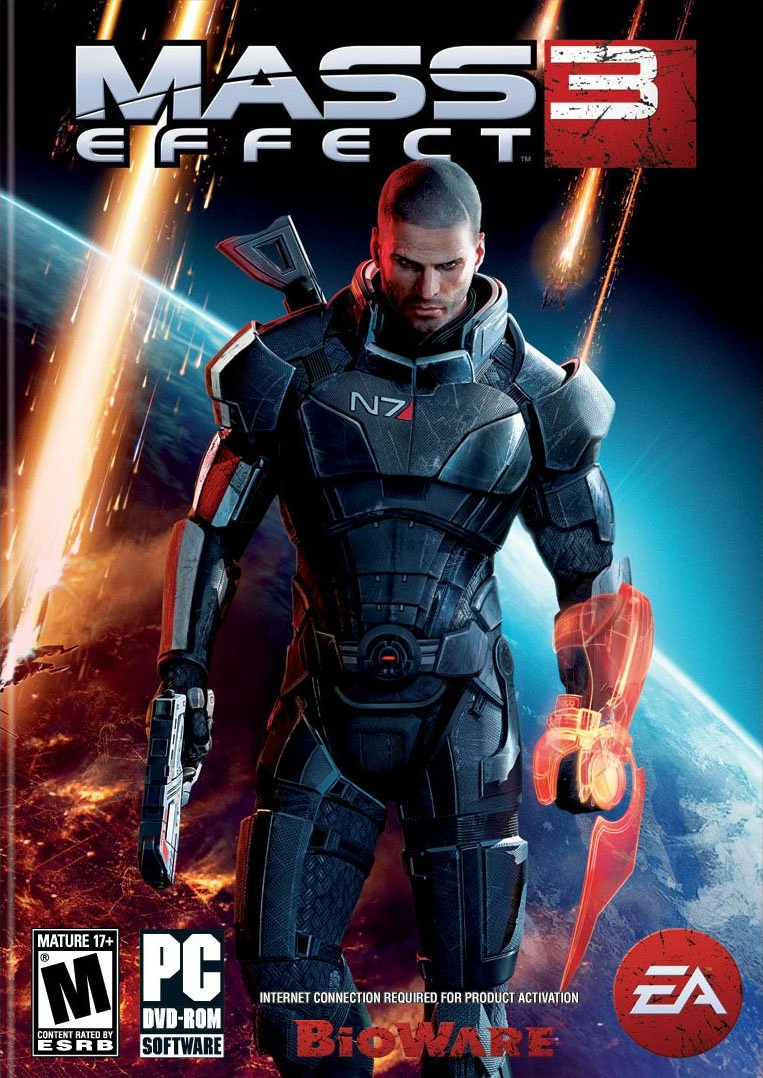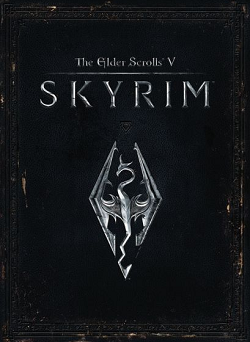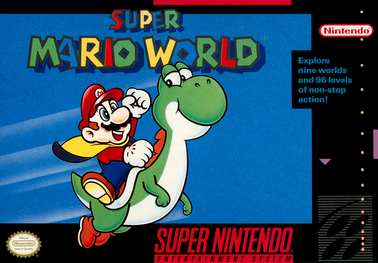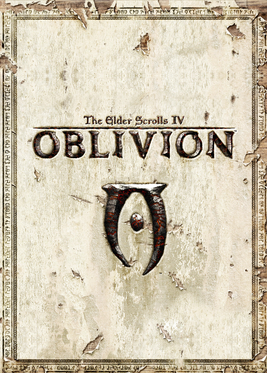10. Mass Effect 3 (PC, also on 360, WiiU & PS3)

The end of an epic trilogy by Bioware. Mass Effect 3 tried to take all the elements from the previous two games and bring them together into a single, epic package. For the most part, they succeeded. The gameplay was further refined from ME2, the RPG elements were stronger than ME2 but without the arduous item lists from ME1 and the story (for the most part) is rounded off nicely with the majority of story arcs completed over the course of the game. During the game, you effectively seal alliances between previous political enemies, explore the nature of life through AI/Geth characters and solidify or destroy all the relationships made in the previous games.
Where the game (and the series) has truly succeeded though, is in having the player develop strong connections with the characters. I can't think of any other game I've played (or film I've watched for that matter) where I've actually cared about what happens to the characters more than in the Mass Effect series. You watch and participate with these crew members as they develop, grow and discover themselves to such a level that it's difficult to not have an emotional connection with these fictional characters. I still don't know anyone that managed to shoot Mordin in his scene (and if you did, you're probably a socio-path!).
It's unfortunate then that the final ending was a bit of an anti-climax. Having said that, I don't think the ending was anywhere near as bad as the controversy it caused suggested which erupted due to the strong emotional links players formed with their characters over the series. Objectively, the original endings were sparse but left you with enough material to figure things out. With that said, I think some credit should be given to Bioware for listening to criticism and releasing a new ending that took more of the players decisions into account and expanded on the sparse details in the originals. I doubt many other developers would have done this.
This was also the first game in the series to introduce a multiplayer element which works surprisingly well. Not the most varied multiplayer mode, but still a lot of fun. The mix of different abilities, racial traits and weaponry make for an incredibly enjoyable experience. Biotic Charges followed by Krogan headbutts and blasts from a shotgun... so much fun! The only down side is that they obviously re-used multiplayer maps for what are probably the worst side quests in the series. The side quests in general actually, whilst vast in number, aren't up to the same quality as in ME2.
Overall though, the game is a good way to round off what has been an incredibly ambitious series.
I can't end this description without a mention to the Citadel DLC. With everything coming to an end the game is an emotional rollercoaster and often deeply depressing with a general feeling of dread throughout the game. The final DLC, Citadel is a more upbeat, comical and somewhat fitting way to say goodbye to the characters that many have come to love throughout the series. If you're a fan of the series but haven't played it then it's worth getting for this alone.





























































